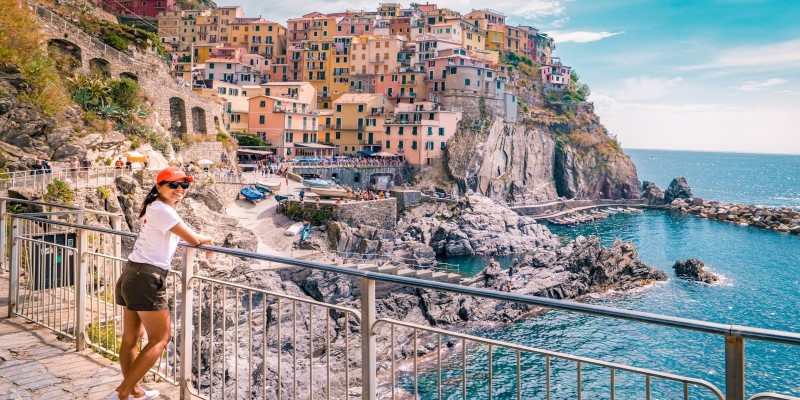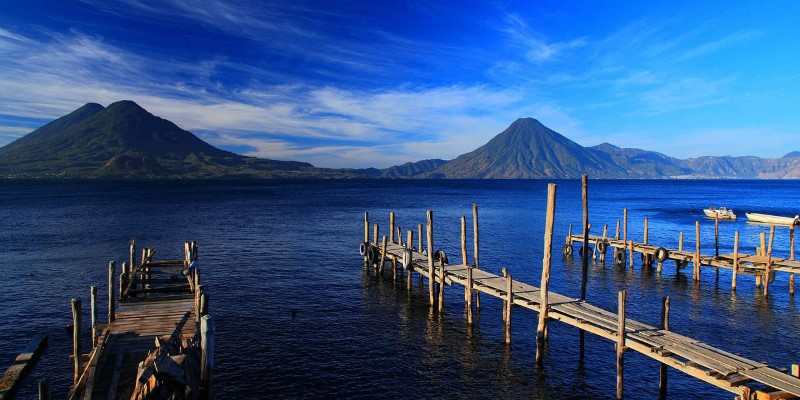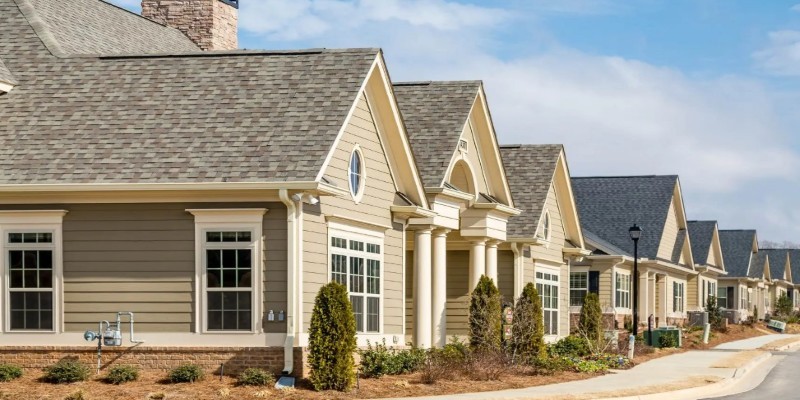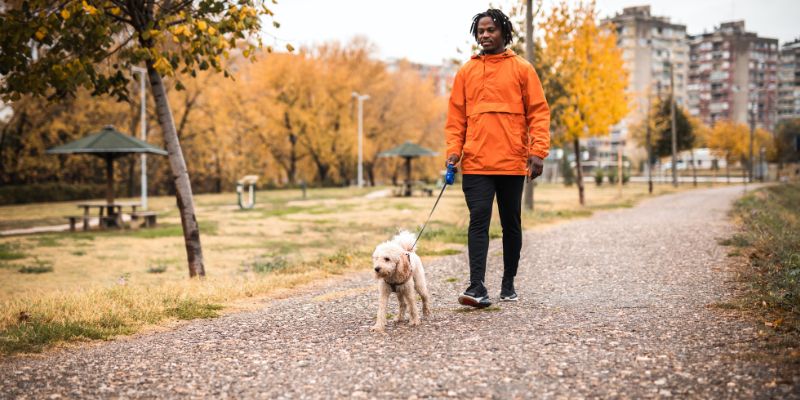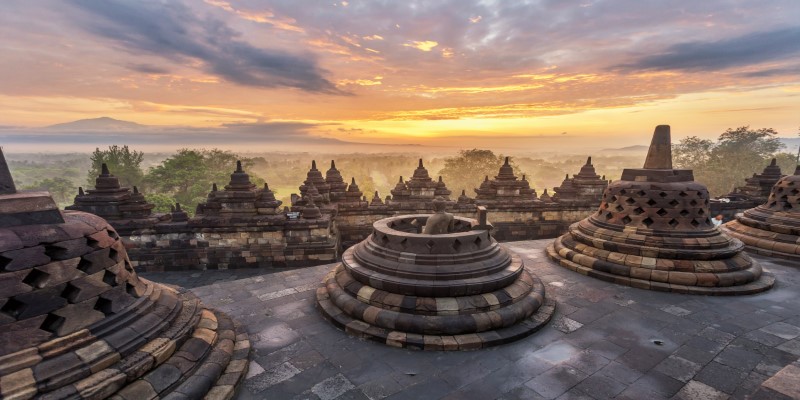Croatia is the kind of place that catches you off guard. One moment, you're strolling along centuries-old stone streets; the next, you're standing by water so clear it almost doesn't seem real. Whether you're after cobbled towns, quiet mountains, or that long coastline carved with beaches and coves, Croatia makes it easy to see a little of everything—if you plan your route right.
Here are three road trip routes to help you do just that. One is perfect if you want a mix of cities and coast, one if you're more into the countryside and hill towns, and one that keeps you close to the sea. Each works well with a car, and you’ll get something different out of each one.
Route 1: Dalmatian Coast + Split to Dubrovnik (7–10 Days)
This route follows the south of Croatia, and it’s all about those seaside views and old towns that look like they’ve been frozen in time. It starts in Split and ends in Dubrovnik, but the real joy is what’s in between.
Day 1–2: Split
Start in Split, where the city has wrapped itself around Diocletian’s Palace like ivy. The palace isn’t just a tourist site—it’s part of everyday life, with cafes, shops, and apartments built into its walls. Walk the Riva promenade in the evening when locals are out for their stroll, and maybe climb Marjan Hill the next morning for a better view.
Day 3: Hvar or Brač
Hop on a ferry. Hvar is known for lavender fields and a pretty harbor. Brač is quieter, with the famous Zlatni Rat beach and a more relaxed rhythm. You won’t go wrong with either, but if you’re avoiding crowds, Brač usually has more breathing room.
Day 4–5: Korčula
Continue south to Korčula, often called "Little Dubrovnik," though it feels more personal and less crowded. Its medieval walls, small squares, and sea views make it worth staying at least a night. Local white wine (Grk) is grown nearby, and many restaurants serve it with seafood caught the same day.
Day 6–7: Dubrovnik
End in Dubrovnik, the city that never manages to stay out of the spotlight. The Old Town is beautiful but compact, so try to stay just outside the walls where it’s quieter. A walk on the city walls is worth the ticket, especially early in the morning. If time allows, take the cable car up Mount Srđ for a wide view over the Adriatic.
Route 2: Inland Towns and Nature (8–10 Days)
If the coast is Croatia's calling card, the inland region is its secret. This route skips the beaches for hills, rivers, and fortresses, starting in Zagreb and looping south before finishing in the north.
Day 1–2: Zagreb
Zagreb has a calm, steady feel. It's a place of outdoor cafes, bookstores, and trams that never seem to be in a rush. Walk from the Lower Town to the Upper Town, passing old rooftops, museums, and parks. It's a good starting point for easing into the trip.
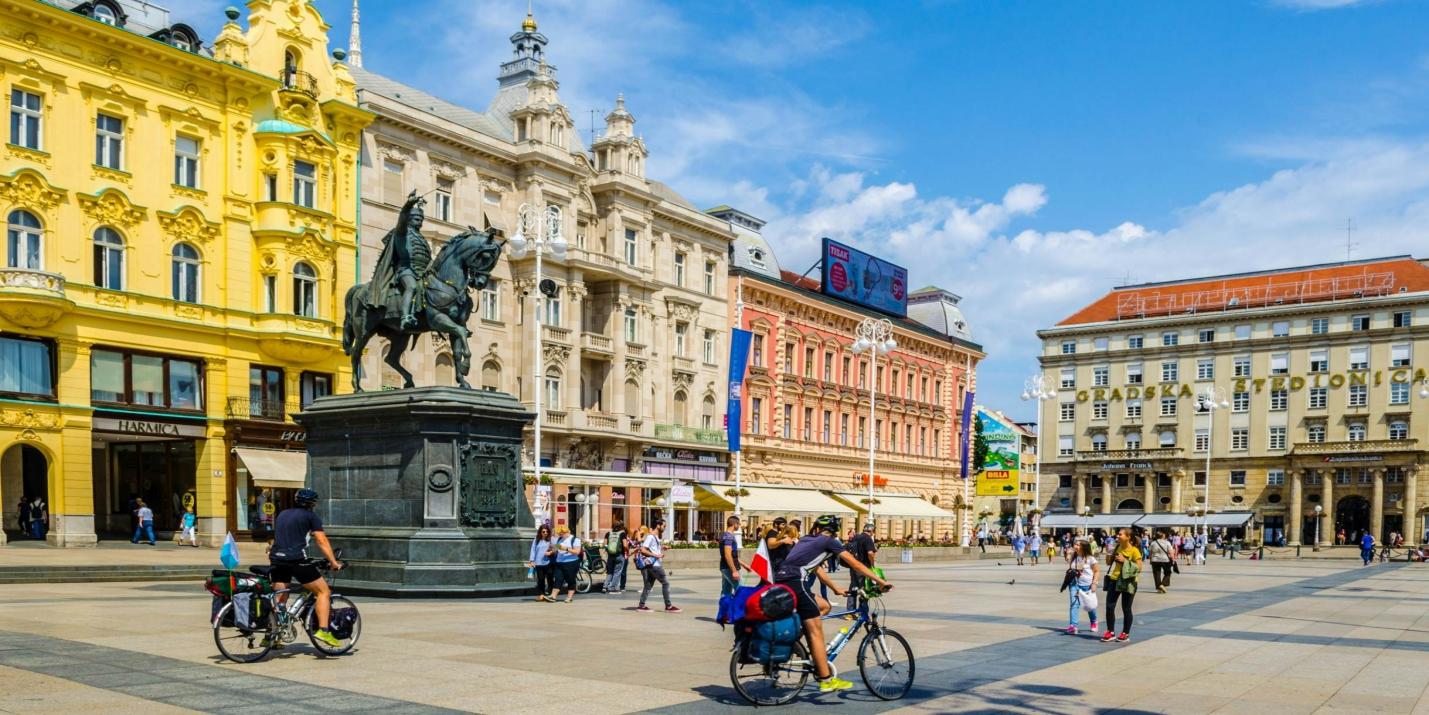
Day 3–4: Plitvice Lakes
Drive two hours south and stay near Plitvice Lakes. The park is known for its clear blue-green water and wooden paths that cross over waterfalls and streams. It’s best to go early in the morning before the larger tour groups arrive. One day is enough for the main loop, but staying a second night nearby gives you time to rest and explore slowly.
Day 5–6: Karlovac and Rastoke
Head west to Karlovac, a town built on four rivers, and then continue to Rastoke. Rastoke is a small village with water running under the houses, and it feels like something from a storybook. People still live there, and the place has a lived-in charm. Stay in a guesthouse and fall asleep to the sound of rushing water.
Day 7–8: Varaždin and Trakošćan Castle
Drive north to Varaždin, known for its baroque architecture and easygoing pace. Streets are clean, quiet, and lined with pastel-colored buildings. On your way, stop at Trakošćan Castle—it’s perched above a lake and surrounded by forest, and there’s a walking path around it that’s often empty.
Route 3: Istrian Peninsula Circle (7–9 Days)
This route is for those who want the sea nearby but don’t want to stick to just the southern coast. Istria offers hill towns, beach coves, olive oil tastings, and Roman ruins—sometimes all in one day.
Day 1–2: Pula
Start in Pula, where the Roman amphitheater still hosts concerts. The town itself feels less polished than others in Istria, but it has its own style. The coast here is rocky and full of little swimming spots—bring water shoes.
Day 3–4: Rovinj
Drive north to Rovinj. This is the most photographed town in Istria, and you’ll see why. The old town is built on a slope, leading up to a church at the top. Its narrow alleys, colorful houses, and small harbor are made for wandering without a plan. In the evening, the waterfront fills with soft light and the clinking of cutlery from outdoor tables.
Day 5: Motovun and Grožnjan
Turn inland and explore the hill towns. Motovun is the better known of the two—its medieval walls offer wide views of the valley. Grožnjan, a bit smaller, is an art village with music spilling from windows and local artists selling ceramics and prints. The drive between them is short and scenic.
Day 6–7: Labin and Rabac
Head southeast to Labin, another hill town, with Rabac just down the hill by the coast. You can stay in either place, but the view from Labin, looking out over the sea, is truly special. The pebble beaches at Rabac are some of the nicest in this part of Istria and are usually less busy than elsewhere.
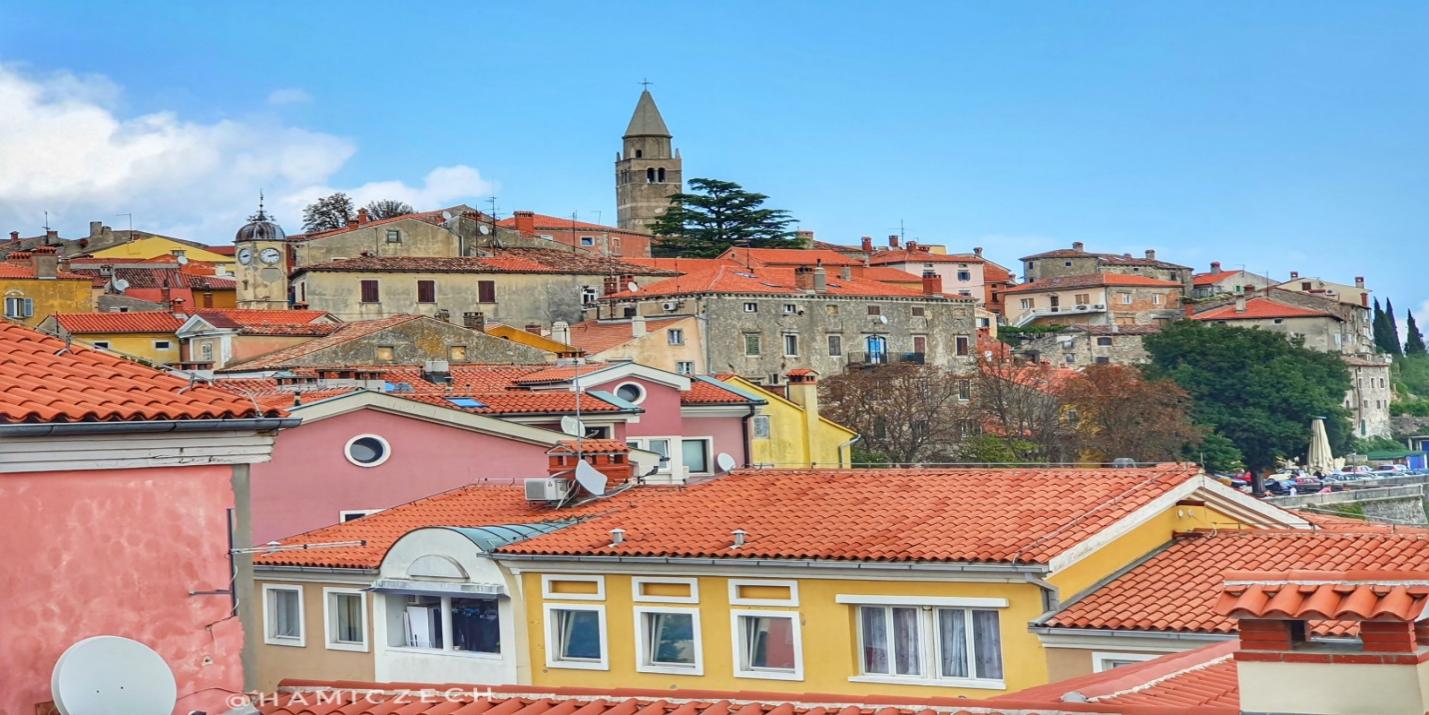
Optional Extra Day: Cape Kamenjak
If you have an extra day, take a detour to Cape Kamenjak. It's a natural reserve on a rocky peninsula full of small coves and hidden places to swim. The road in is a bit rough, but it's worth it if you're after some quiet by the sea.
Final Thoughts
Each route offers a different side of Croatia. The coast gives you postcard views and long summer days. The inland towns move at a slower pace and show you how people live away from the tourist tracks. And Istria blends both worlds—sea on one side, quiet villages on the other. Pick the route that fits the kind of trip you want, or mix pieces from each if you’ve got the time. Croatia is compact enough to allow that, and the roads—whether winding along cliffs or passing through forests—make the getting-there part of the experience.


